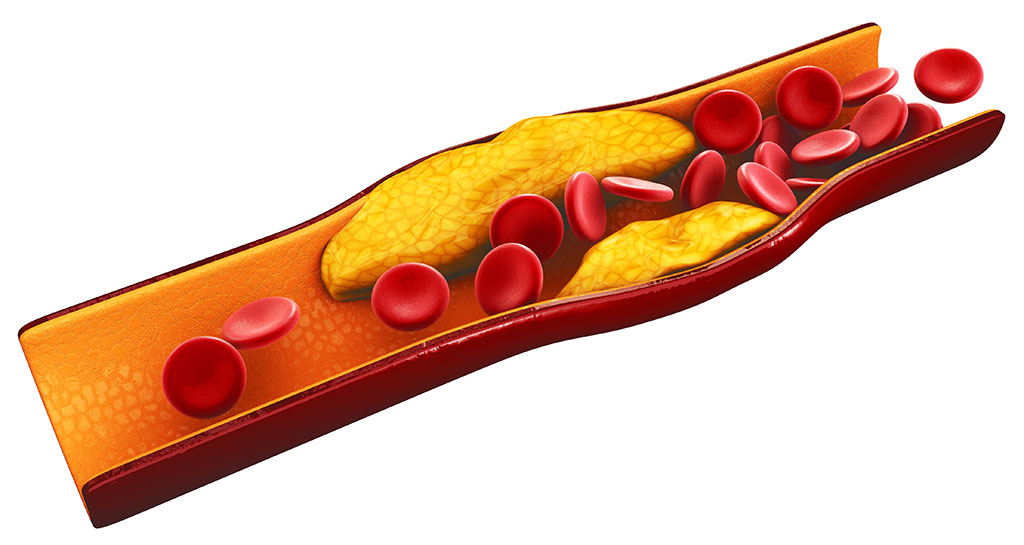Cholesterol health
This fact sheet is for people who have had a blood and marrow transplant (BMT).
BMT patients may experience health complications in the months or years following the transplant. Long-term follow up has an important role in the early detection of any health issues.
This fact sheet has general information about ways to look after your health. If you have specific concerns, speak to your BMT team or your doctor for further information and advice.
What is cholesterol?
Cholesterol is a fat-like substance that is produced by your body and found in food. Too much cholesterol can damage your arteries and increase your risk of heart disease and stroke.
What are the issues that could affect my cholesterol?

Some lifestyle factors increase your risk of high cholesterol and health problems.
- Poor diet – eating large amounts of food with saturated fats.
- Being overweight – having a body mass index (BMI) greater than 30.
- Not doing enough exercise.
- Smoking.
Other factors can also affect your cholesterol, such as radiation exposure, the use of medications to prevent or treat graft versus host disease (GvHD) and a family history of heart problems.
How can I manage my cholesterol levels?
- Maintain a healthy diet – eat a balanced diet low in saturated fat and salt, high in fibre and full of nutritious foods like wholegrains, fruit, vegetables, fish, lean meat and low fat dairy.
- Include plant sterol-enriched food – these foods help to decrease cholesterol absorption from food. They are found naturally in everyday foods like vegetable oils, grain products, nuts, seeds, vegetables and fruit.
- Be physically active – try to move your body for 30 minutes each day. Exercise doesn’t need to be vigorous. Do something that increases your heart rate, such as walking, swimming, cycling or playing sport. If you have heart issues, check with your doctor before undertaking any activity.
- Maintain a healthy weight – increased activity and improved eating habits will assist you in losing excess body fat and reducing your weight.

How can I monitor my cholesterol?
You won’t have any symptoms if you have high cholesterol. Ask your doctor how often you should have your cholesterol checked.
Your cholesterol levels can be tested using a blood test called a fasting lipid study. Before blood is taken, you will be asked not to consume food or drinks (fast) for 8-12 hours.
This test measures your total cholesterol, including:
- high density lipoprotein (HDL) cholesterol, sometimes known as ‘good’ cholesterol
- low density lipoprotein (LDL) cholesterol, considered ‘bad’ cholesterol
- triglycerides.
If a cholesterol health issue is identified, how is it treated?
To keep a healthy heart, aim to have high HDL cholesterol and low LDL cholesterol and triglycerides.
Lifestyle changes such as eating a healthy balanced diet and getting regular exercise can help manage your cholesterol.
If your HDL cholesterol or triglycerides remain high after making these lifestyle changes, or if they were very high when you have the blood test, your doctor may recommend medication (most commonly one of a group of drugs called ‘statins’).
Where can I find further information?
- National Health and Medical Research Council. Australian dietary guidelines. eatforhealth.gov.au
- Dietitians Australia. The facts about fats. dietitiansaustralia.org.au
- NSW Health. Get Healthy NSW. gethealthynsw.com.au
- Heart Foundation. Blood cholesterol. heartfoundation.org.au
- Health Direct. How to lower cholesterol. www.healthdirect.gov.au